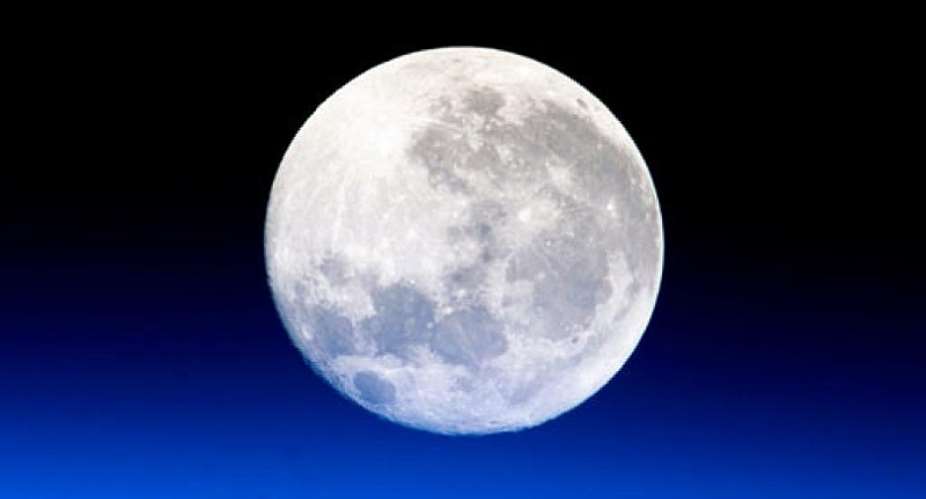I know we don't need any more bad news, but there's a shocking report on the Science pages of today's Le Monde...
It appears that there has been a huge recent surge in the number of asteroids striking the Earth. The figures for direct hits have risen by nearly two-and-a-half times over the past 290 million years, compared to the 700 million years before that.
Astronomers used to believe that the number of asteroid hits would decline with time. In fact, the very opposite is the case.
Where are these galactic rocks coming from?
The home address for most of them is, logically enough, the asteroid belt, a tough neighbourhood between Mars and Jupiter. When there are major collisions there, the fragments spin off on various trajectories, some of them heading our way.
Most scientists now agree that it was the impact of one such monster space rock which sparked the decline and rapid extinction of the dinosaurs, about 65 million years ago.
How, you will be wondering, do scientists count how many asteroids were hitting our blue planet in the millions of years before the human race arrived and launched its global warming campaign?
Simple. They count the impact craters on the Moon. They are also able to date those marks. And they extrapolate the figures for us, the neighbours.
Should we be worried?
Absolutely not say the researchers, pointing to the extreme rarity of large asteroids in our part of the Milky Way, despite the recent upsurge. And, of course, NASA keeps a permanent eye on the sky for any heavenly body larger than 30 metres which might be headed in our direction.
If we're not alone, where's everyone else?
Not to be outdone, the Science pages of Le Figaro look at the not-entirely-unrelated question, are we alone in the Universe?
According to the calculations of the Italian physicist, Enrico Fermi, the Solar System has been spinning for four-and-a-half billion years in a Galaxy which is at least twice as old. Which suggests that, if there's anybody out there, they would probably have had the time to pay us a visit. Maybe several. So where are they?
They may, in fact, be doing exactly what we are doing now: sending out radio waves. If a technologically advanced society takes a tiny number of years to develop (compared to the billions of years that the Universe has already put in), and if they developed technology similar to ours, then ET and his relatives should have been raking the intergalactic spaces with press reviews, mathematical codes, whatever they call music and other such signals. “We're here. Give us a call. Reverse the charges!”
Are humans worth knowing?
Another possibility is that they've already been and decided that we're not worth be-friending of even studying. That's the human race as a bunch of interstellar low-lifes theory, with massively intelligent beings looking at, say, the current US president, and wringing whatever they use for hands in despair. You can see where they're coming from.
Or it may simply be that we're living in the galactic outback, too far off the beaten track to have attracted the attention of the other intelligences with which we probably share the Universe.
If anyone out there, we mean, really far out there, hears this programme, could they please send us an SMS?





 Akufo-Addo commissions Phase II of Kaleo solar power plant
Akufo-Addo commissions Phase II of Kaleo solar power plant
 NDC panics over Bawumia’s visit to Pope Francis
NDC panics over Bawumia’s visit to Pope Francis
 EC blasts Mahama over “false” claims on recruitment of Returning Officers
EC blasts Mahama over “false” claims on recruitment of Returning Officers
 Lands Minister gives ultimatum to Future Global Resources to revamp Prestea/Bogo...
Lands Minister gives ultimatum to Future Global Resources to revamp Prestea/Bogo...
 Wa Naa appeals to Akufo-Addo to audit state lands in Wa
Wa Naa appeals to Akufo-Addo to audit state lands in Wa
 Prof Opoku-Agyemang misunderstood Bawumia’s ‘driver mate’ analogy – Miracles Abo...
Prof Opoku-Agyemang misunderstood Bawumia’s ‘driver mate’ analogy – Miracles Abo...
 EU confident Ghana will not sign Anti-LGBTQI Bill
EU confident Ghana will not sign Anti-LGBTQI Bill
 Suspend implementation of Planting for Food and Jobs for 2024 - Stakeholders
Suspend implementation of Planting for Food and Jobs for 2024 - Stakeholders
 Tema West Municipal Assembly gets Ghana's First Female Aircraft Marshaller as ne...
Tema West Municipal Assembly gets Ghana's First Female Aircraft Marshaller as ne...
 Dumsor is affecting us double, release timetable – Disability Federation to ECG
Dumsor is affecting us double, release timetable – Disability Federation to ECG
